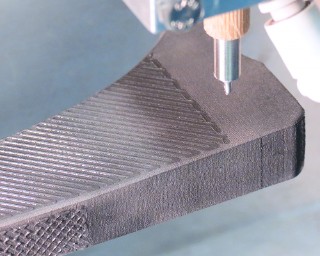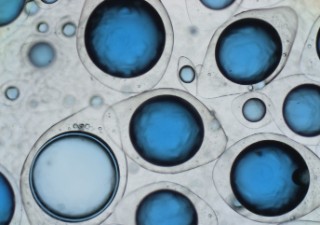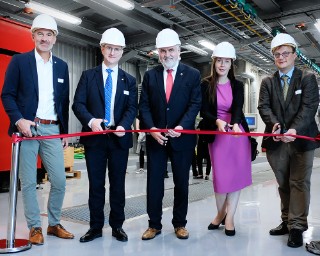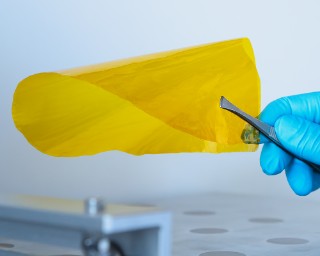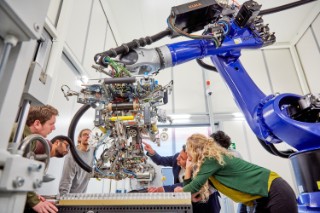
Together with its partners, Fraunhofer Institute for Energy Economics and Energy System Technology IEE is paving the way for the establishment of large-scale production of green hydrogen and its downstream products in Chile. The project’s research focuses on the production potential of hydrogen and liquid fuels from solar energy. In addition to technical issues, researchers are investigating the economic, logistical, and socio-economic aspects of scaling up, through which they will also support the installation of a pilot plant.
more info
